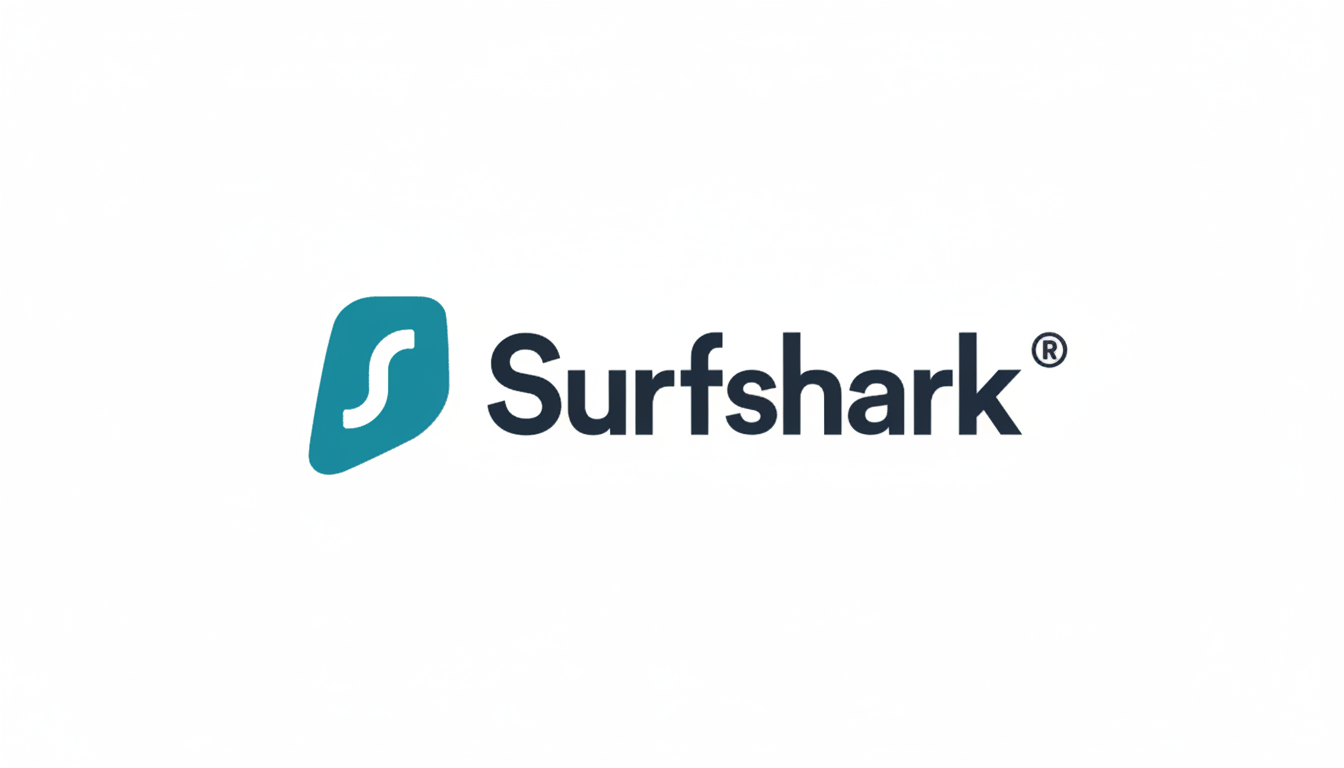Surfshark is offering some aggressive pricing on its Starter Plan, with a three-year subscription now available for $67.19. That breaks down to around $1.87 per month (well below what most people pay for a monthly VPN) and is an estimated 84% off the regular $430 sticker price.
If you've been on the fence about getting a VPN, this is the kind of long-term pricing that makes protecting your privacy a set-and-forget decision.

It’s a full-featured VPN tier, not a watered-down come-on, and it allows an unlimited number of devices to be used on one account, something that is rare in this category.
The Starter Plan: What You Get with Surfshark VPN
The Starter Plan comes with features like AES-256 encryption, private DNS at each server, and a Kill Switch, which prevents your traffic from leaking if the VPN connection fails. Surfshark’s built-in filter, CleanWeb, blocks ads, trackers, and known malware domains to tidy up page bloat and help minimize encounters with malicious downloads.
And you can connect to over 3,200 servers in more than 100 locations around the world. That coverage is especially helpful to people traveling who want a steady connection wherever they are, and those browsing or shopping when location is key.
For the security-focused, this can be supplemented with MultiHop, which routes traffic through two servers for a little more obfuscation. And it’s available with the low-latency, high-throughput WireGuard alongside quick-handshake implementations and higher-compatibility options such as IKEv2 and OpenVPN.
How the Starter Plan Price Compares to Typical VPNs
A rolling VPN subscription costs many people $10–$13 per month. For pure math on this one, that easily beats even the best multi-year discount offers out there! The unlimited-device policy is a standout; other competitors cap simultaneous connections at 5–10, forcing families to decide which of their gadgets they want protected.
If you’re covering a laptop, a phone, a tablet, a smart TV, and a game console—as well as devices for your partner or kids—this works out to close to zero cost per device. It’s practical for households or anyone who frequently switches devices.
Speed, Security, and Streaming Performance Overview
Serving as the de facto speed leader of consumer VPN protocols, WireGuard passes this through with Surfshark’s implementation that has low overhead and allows for fast reconnections. That's important when you are shifting from network to network or waking a laptop and want the clunkiest of VPNs not to hang up or drop packets.

On the privacy end, Surfshark runs a server fleet that’s RAM-only and is built to erase data when servers are restarted. The company’s no-logs policy has been independently confirmed by Deloitte, and its apps and extensions have been subjected to security audits from companies like Cure53. Like any VPN, it is not a magical invisibility cloak — but it does encrypt your traffic, hide your IP from websites and ISPs, and limit how much third parties can learn about your behavior.
For streaming purposes, users often use a VPN to stream their home subscriptions while on holiday. Service and availability may vary by service and territory and additional subscriptions or payment may be required. Surfshark has a big IP pool and offers specialty servers that assist with reliability, but unfortunately no provider can ensure access to every platform all the time.
Real-World Use Cases for Privacy, Travel, and Work
Public Wi‑Fi is still a soft target. Airports, hotels, and cafes regularly blend legacy security with captive portals that expose device details. This is where a VPN helps, as it encrypts traffic between you and the VPN server end-to-end, minimizing exposure to rogue hotspots or local eavesdroppers.
And frequent fliers also use VPNs to avoid price discrimination and prevent search histories from pushing up fares. Results are mixed, but hiding where you are and who you are can squelch data signals that retailers use to profile your purchasing power with dynamic pricing engines.
Remote workers benefit too. If your work tools do not require a corporate VPN, a personal VPN adds a layer of encryption and reduces exposure to metadata when you are off the office network.
What to Consider Before You Buy a Multi-Year VPN Plan
Multi-year plans have the least expensive monthly rates since you’re paying upfront. Choose renewal terms inside your account dashboard; lengthy deals may auto-renew at regular rates when the term is through. Surfshark comes with a 30-day money-back guarantee, so there’s no risk involved in case speeds, the apps, or streaming access don’t live up to your expectations.
Setting up is easy: Simply sign up, select your apps, and connect to WireGuard for the best possible speed. If you require a bit more compatibility with older routers or obscure devices, give IKEv2 or OpenVPN a try. And should any site block your connection, it can be fixed with a few taps by simply switching servers or toggling MultiHop.
Bottom line: Priced at $67.19 for three years, Surfshark’s Starter Plan is a value play that doesn’t skimp on the essentials. With unlimited devices, a good-sized server network, strong encryption, and independent audits, it’s put itself on the short list of VPN deals worth grabbing while it’s at this price. If there’s a checkout code, use it to get the deal locked in before everything resets.

